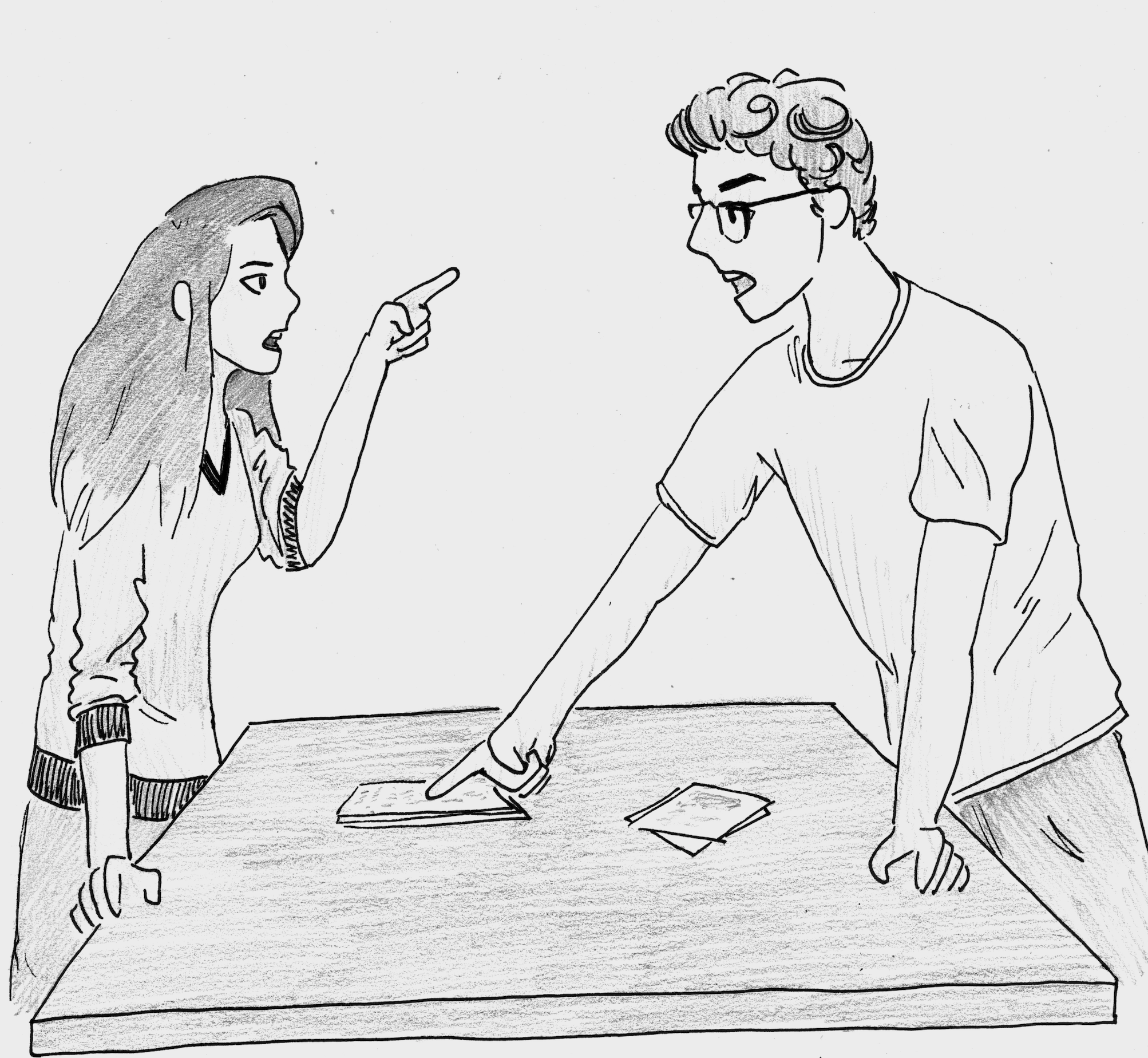
Giovanna Truong
First and foremost, our Yale education teaches us to critique. Rarely has it taught me to defend. When we participate in section, praise is given mainly to those who can tear down arguments and point out inconsistencies rather than build up their friends’ ideas. Professors ask for reading responses to point out flaws in arguments and discourage students from agreeing with the text.
Critiquing effectively is a necessary skill, but shouldn’t we also recognize strengths in addition to weaknesses, learn to weigh options instead of completely ruling them out?
In many of my classes, we debate what we should do to make the world a better place. And we are lucky that we can discuss heart-wrenching problems in a classroom, far removed from many of the issues we theorize about.
But at the same time, this constantly critical mindset makes it easy to spiral into a defeatist attitude — even institutions that are meant at their core to better the world can still fail us. The endless criticism can sometimes make you want to scrap it all and start over a new world like a Sims game.
As I write optimistic fellowship applications, explaining why I need another degree to save the world, sit in class and reflect on all the problems we have left to fix, I feel quite insignificant. There is so much to remedy, and it feels as though every solution, every career and every social movement is laced with flaws. Am I working somewhere that fuels the nonprofit industrial complex? Am I being selfish going to graduate school? If I teach, am I contributing to the charter school system?
But instead of having this completely negative attitude, it would be much more effective to be a little charitable — to recognize how unhealthy constant critique can be.
A fitting illustration of this concept struck me when I was trying to distract myself with a wacky sitcom, “The Good Place” (spoilers ahead). One episode explains why no one in the last few centuries has gone to the show’s version of heaven — The Good Place. The rulers of the universe have a point system, in which your actions are measured exclusively by their consequences, regardless of intention. Even the most prominent moral leaders and self-aware ascetics failed this test of character because they were born into a system that was so deeply entrenched that even the seemingly best actions would accrue negative points.
Along the same lines, today it feels like no matter what we do, we can’t avoid negative consequences even with the best intentions. All the more reason to hesitate before we criticize ourselves or others.
Buying clothes made in Cambodian factories or ordering a textbook seems to implicitly, yet unintentionally, condone the harmful labor practices of these companies. Even if we plan to do noble deeds with our degree, we have to make up for the fact that tuition is invested in fossil fuels and Puerto Rican debt.
There is so much reason to be furious and devastated. It’s okay to feel that way. But our anger — our hopelessness — is no reason to fall into apathy or rule out viable policies. Critical thinking must be accompanied by charity at Yale, in politics and when we look in the mirror.
Instead, channel your anger into something more productive. Passion for public service or drive to keep fighting, all while realizing that there isn’t a binary. There is a spectrum between good and bad. No job, no school, no action comes without positive and negative consequences.
We must recognize that no candidate, no institution will ever achieve perfection. Overthrowing the entire system quickly seems infeasible and counterproductive. What change would we be left with?
As an opinion columnist, my job is to critique. But critiquing for the sake of critiquing is simply unproductive. We can’t let ourselves dismiss certain solutions because we find one or two things wrong with them.
The next step after criticism is forming ways to address the inherent issues or to make tradeoffs. No solution is completely perfect, but at some point, we have to weigh our options, sacrifice some negative consequences in favor of others, better ones.
More than anything, I am grateful for those who have faced far more obstacles than I have but still fight for what is right when they have every reason not to. Continue to have hope — the world needs it.
Hala El Solh is a senior in Berkeley College. Contact her at hala.elsolh@yale.edu .







